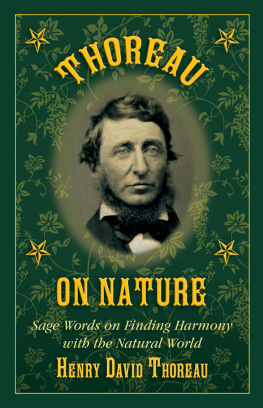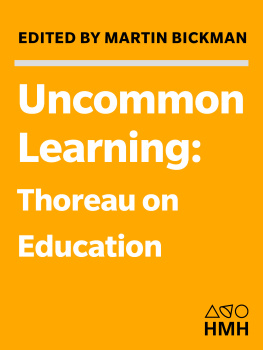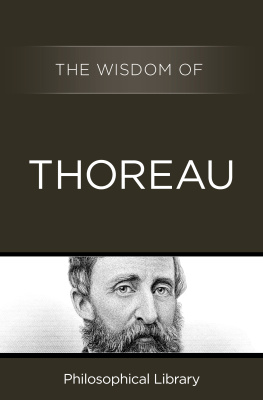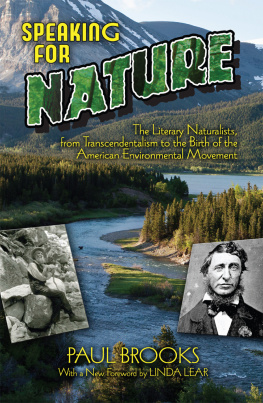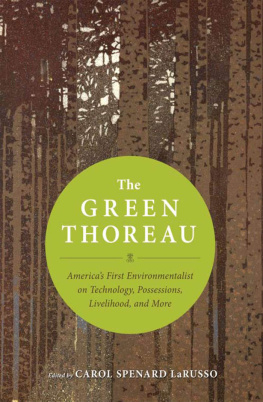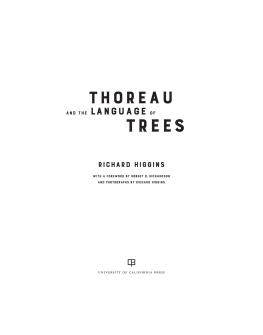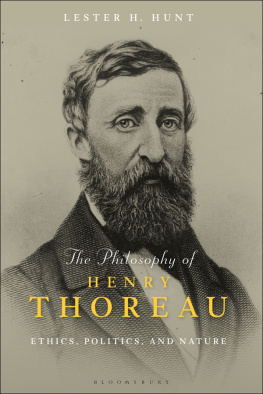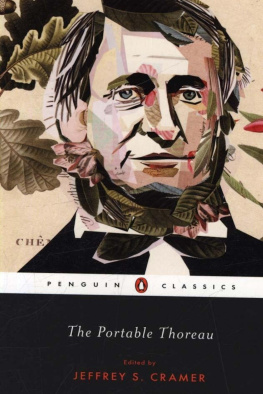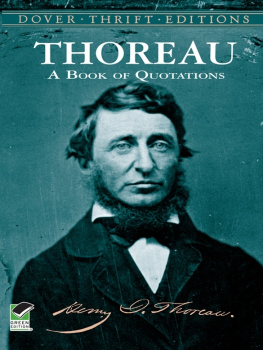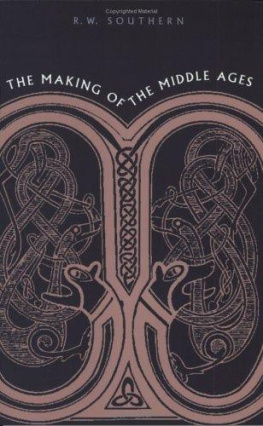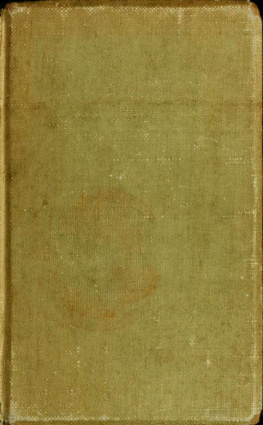Judd Richard William - Finding Thoreau: the meaning of nature in the making of an environmental icon
Here you can read online Judd Richard William - Finding Thoreau: the meaning of nature in the making of an environmental icon full text of the book (entire story) in english for free. Download pdf and epub, get meaning, cover and reviews about this ebook. year: 2018, publisher: University of Massachusetts Press, genre: Science. Description of the work, (preface) as well as reviews are available. Best literature library LitArk.com created for fans of good reading and offers a wide selection of genres:
Romance novel
Science fiction
Adventure
Detective
Science
History
Home and family
Prose
Art
Politics
Computer
Non-fiction
Religion
Business
Children
Humor
Choose a favorite category and find really read worthwhile books. Enjoy immersion in the world of imagination, feel the emotions of the characters or learn something new for yourself, make an fascinating discovery.

- Book:Finding Thoreau: the meaning of nature in the making of an environmental icon
- Author:
- Publisher:University of Massachusetts Press
- Genre:
- Year:2018
- Rating:3 / 5
- Favourites:Add to favourites
- Your mark:
- 60
- 1
- 2
- 3
- 4
- 5
Finding Thoreau: the meaning of nature in the making of an environmental icon: summary, description and annotation
We offer to read an annotation, description, summary or preface (depends on what the author of the book "Finding Thoreau: the meaning of nature in the making of an environmental icon" wrote himself). If you haven't found the necessary information about the book — write in the comments, we will try to find it.
Finding Thoreau: the meaning of nature in the making of an environmental icon — read online for free the complete book (whole text) full work
Below is the text of the book, divided by pages. System saving the place of the last page read, allows you to conveniently read the book "Finding Thoreau: the meaning of nature in the making of an environmental icon" online for free, without having to search again every time where you left off. Put a bookmark, and you can go to the page where you finished reading at any time.
Font size:
Interval:
Bookmark:
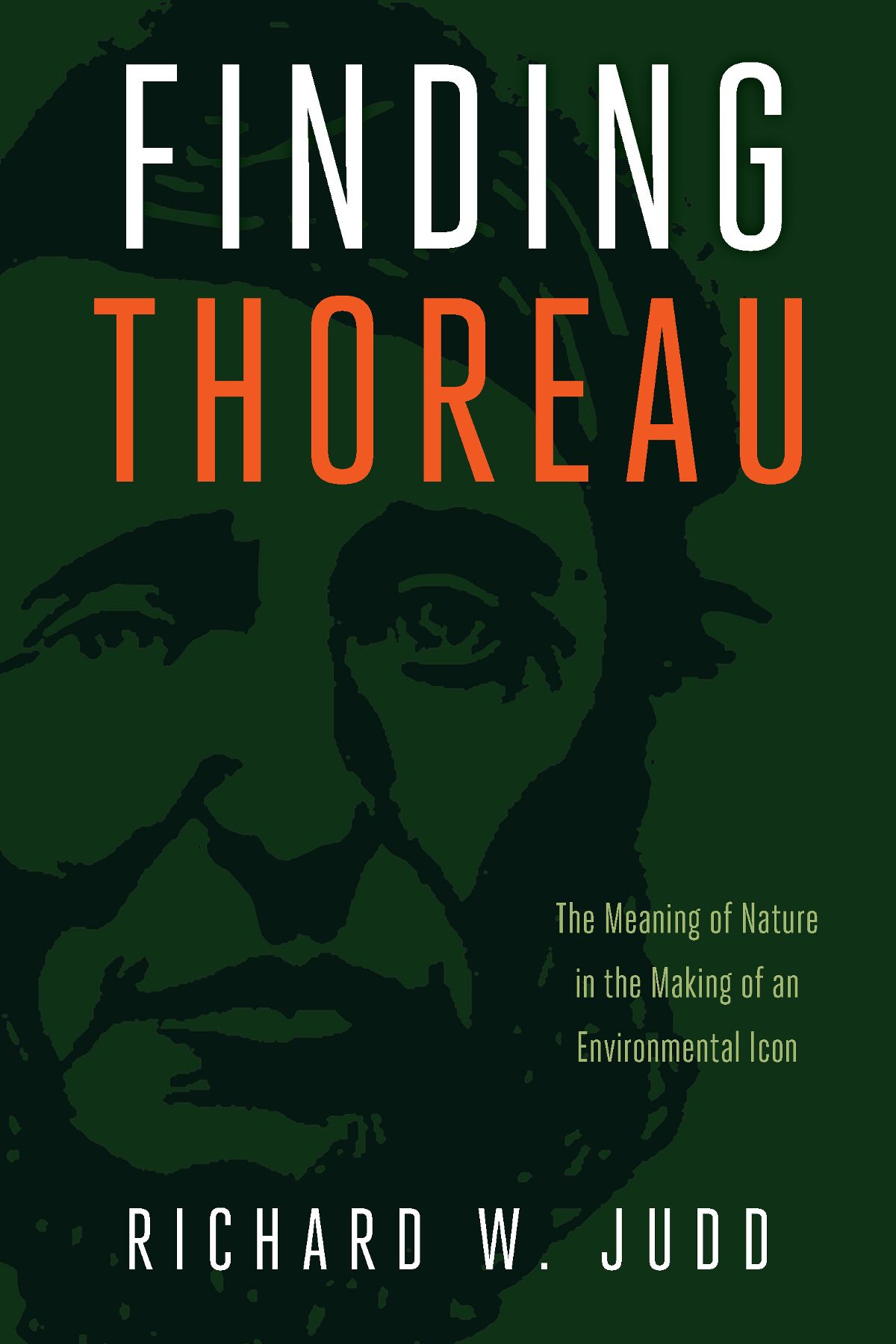
Richard W. Judd
University of Massachusetts Press
Amherst and Boston
Copyright 2018 by University of Massachusetts Press
All rights reserved
ISBN 978-1-62534-388-8
Cover design by Rebecca S. Neimark, Twenty-Six Letters
Cover art: Portrait of Henry David Thoreau, woodcut by Felix Vallotton, c. 1896.
Library of Congress Cataloging-in-Publication Data
Names: Judd, Richard William, author.
Title: Finding Thoreau : the meaning of nature in the making of an environmental icon / Richard W. Judd.
Description: Amherst : University of Massachusetts Press, [2018] | Includes bibliographical references and index. |
Identifiers: LCCN 2018019149 (print) | LCCN 2018026249 (ebook) | ISBN 9781613766361 (e-book) | ISBN 9781613766378 (e-book) | ISBN 9781625343895 (pbk.) | ISBN 9781625343888 (hardcover)
Subjects: LCSH: Thoreau, Henry David, 18171862KnowledgeNatural history. | Thoreau, Henry David, 18171862Criticism and interpretation. | Nature in literature. | Nature (Aesthetics) | Environmentalism in literature.
Classification: LCC PS3057.N3 (ebook) | LCC PS3057.N3 J83 2018 (print) | DDC 818/.309dc23
LC record available at https://lccn.loc.gov/2018019149
British Library Cataloguing-in-Publication Data
A catalog record for this book is available from the British Library.
To Kieran for his patience and good humor
during our many, many discussions of Thoreau,
and for his contributions to the project.
And to Henry with apologies.
W hen Henry David Thoreau died in 1862, he was relatively unknown as an author and frequently disparaged by critics who read his work. As he rose to prominence in the later nineteenth century, critics and scholars struggled to disentangle him from this earlier appraisal and evaluate him in his own right. Under a more appreciative critical eye, he became many things to many people, but nineteenth-century critics failed to achieve a common understanding of his message or meaning. And so the quest for the real Thoreau continued, as scholar after scholar plunged into his considerable corpus and emerged with what each thought to be a definitive understanding of the man and his work. The search itself is eminently usefulindeed, the very definition of scholarshipbut it must seem apparent by now that his quintessence will continue to elude us.
This book attempts a different quest. By focusing not on Thoreau but on the numerous attempts at finding him over the ages, it asks how this author, so obscure in 1862, could be appraised a century later as one of Americas most widely recognized writers. Few authors have enjoyed such a spectacular reversal of fortunes at the hands of critics and biographers, and understanding how this happened is a fascinating story in itself. But this is ancillary to another perhaps more important inquiry: What might we learn by studying these successive literary interpretations in the context of their times? To put this question another way, how did Americans in different ages react to Thoreau, and what insights might we gain about American culture by tracing the history of this commentary?
Thoreau was unique among American authors in that the bulk of his work was published after his death. His journals, for instance, did not appear in complete form until 1906, with a final lost volume surfacing in 1956, and even as late as 1993 typesetters were preparing yet another unpublished manuscript for print. Each new issue from this horde of manuscript materials was greeted by another round of critical appraisal. In this and other ways, each generation of scholars, journalists, nature writers, and biographers was induced to take up Thoreaus ideas and interpret them for their own readers. These interpretations shifted repeatedly over the generations, and the degree to which they varied from age to age tells us the first thing we need to know about Thoreaus writing: as a symbolic figure in American literature, he was remarkably adaptable, given his unique personality, writing style, and philosophic temperament. His malleability was partly self-willed. As a transcendentalist, he aimed at abstraction and used coy metaphors to shake readers free of superficial thinking. His often outrageous paradoxes functioned as verbal shock-treatment, in the words of Joseph J. Moldenhauer, bolting readers out of their conventional habits. He turned the world upside down, Saul Padover explained, in order to offer readers an entirely new perspective. More than this, he seemed to take personal pleasure in self-contradiction, indulging an impish sense of humor that literary critics too often overlook in trying to make sense of him. Thoreau, in short, could support any number of wildly different interpretations, and each generation, according to its own cultural needs, aspirations, and anxieties, took advantage of this. He became a symbol for the timesrepeatedlyfrom the Industrial Revolution on into the environmental era.
The methods I use to assess this shifting literary reputation are essentially historiographical, following an approach surprisingly rare in Thoreau scholarship, given his prominence in American history. Almost all we know about him comes from literary biographers, literary scholars, and nature essayists. Roderick Nash, an intellectual historian, placed him at the center of his classic Wilderness and the American Mind, and environmental historian Donald Worster, in his Natures Economy, analyzed his contribution to the science of ecology. But both authors treated him essentially as a benchmark in the history of ideas rather than as a window into the culture of his times. This was also true of Paul Brookss Speaking for Nature: How Literary Naturalists from Henry Thoreau to Rachel Carson Have Shaped America and Hans Huths Nature and the American: Three Centuries of Changing Attitudes. Like Nash and Worster, Brooks and Huth highlight Thoreaus contribution to the idea of nature, but neither explains how his thoughts resonated through society in his time or ours.
Thoreaus popularity, of course, depended a good deal on the popularity of nature as a literary motif. It is hard to overstate the importance of this point. As William Bradford stood on the deck of the Mayflower on that bleak December day, looking out across a hideous and desolate wilderness, his thoughts by necessity turned to the meaning of nature in the new land, and from that moment on, nature has been a defining theme in American culture. The idea itself has changed many times over since 1620, and the way to understand this in historical context, I argue, is not by scrutinizing the great literary minds in each age but by considering the scholars, critics, biographers, journalists, writers, and essayists who interpreted these seminal writings for their own readers. This vast and varied stratum of middling writers played a far more important role in defining American culture than most scholars acknowledge. It is in this senseas a focus of this ongoing literary conversationthat Thoreau becomes a window into American culture.
Historians now recognize that the shape of nature varied not only from age to age but also according to the point of view of specific groups, classes, races, and genders in each of these ages. A tighter focus on a specific time and place would bring these voices to light, but a broad survey such as this blurs these distinctions. If this approach fails to represent all voices in a single age, it does represent nicely the pageant of change over time. Separately or together, these neglected writersupper class or lower, man or woman, highbrow or middlebrowreveal in their struggle to find Thoreau the day-to-day mechanics of defining nature for America.
Next pageFont size:
Interval:
Bookmark:
Similar books «Finding Thoreau: the meaning of nature in the making of an environmental icon»
Look at similar books to Finding Thoreau: the meaning of nature in the making of an environmental icon. We have selected literature similar in name and meaning in the hope of providing readers with more options to find new, interesting, not yet read works.
Discussion, reviews of the book Finding Thoreau: the meaning of nature in the making of an environmental icon and just readers' own opinions. Leave your comments, write what you think about the work, its meaning or the main characters. Specify what exactly you liked and what you didn't like, and why you think so.

